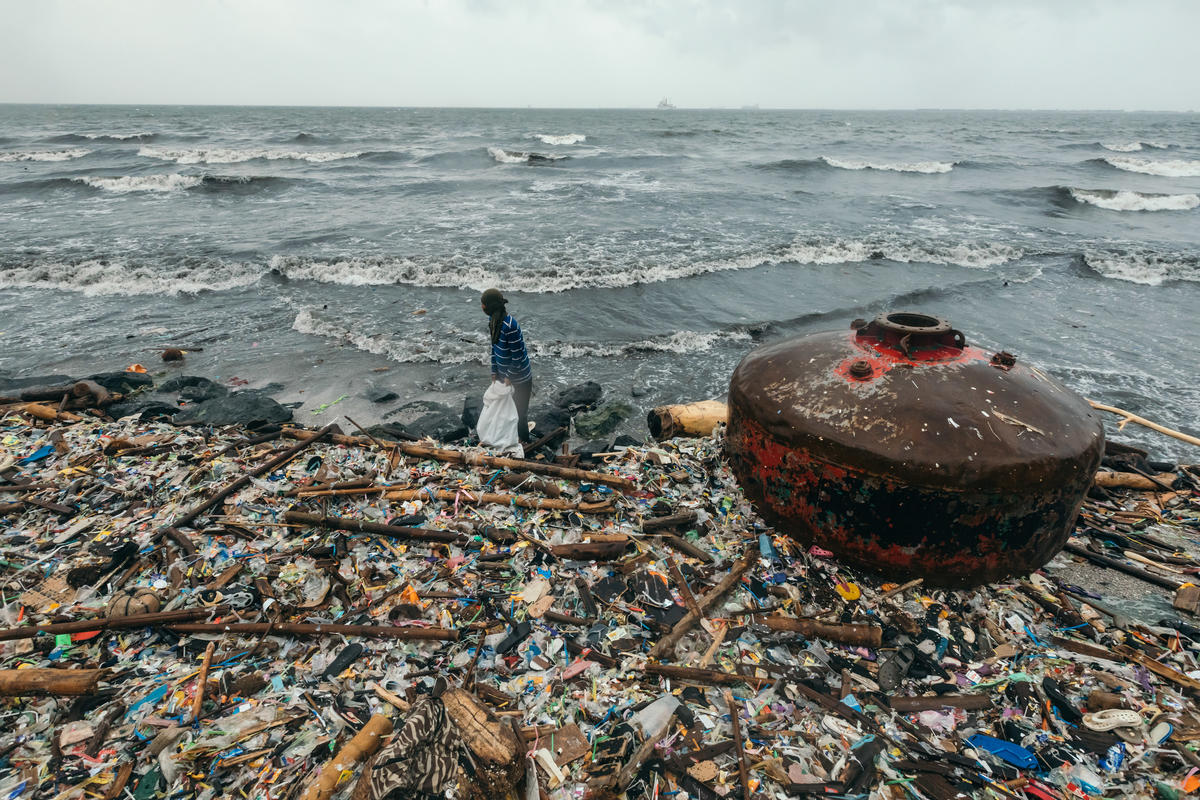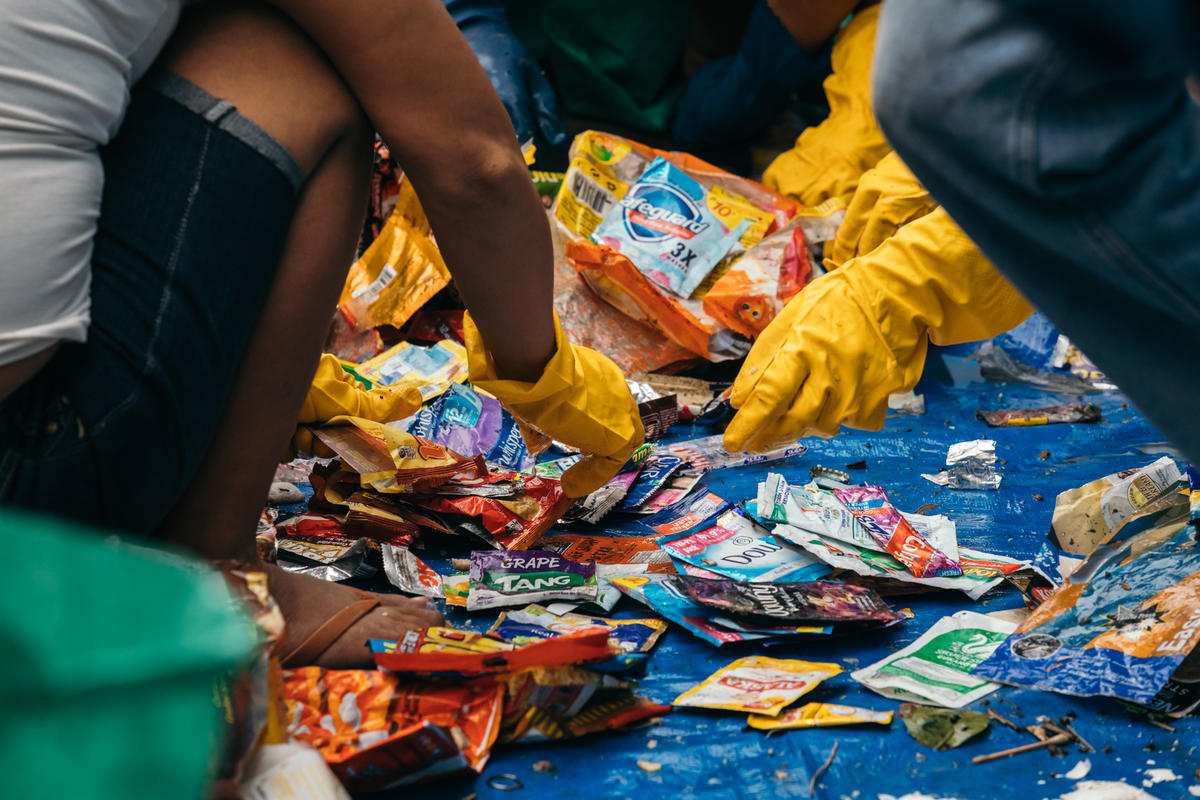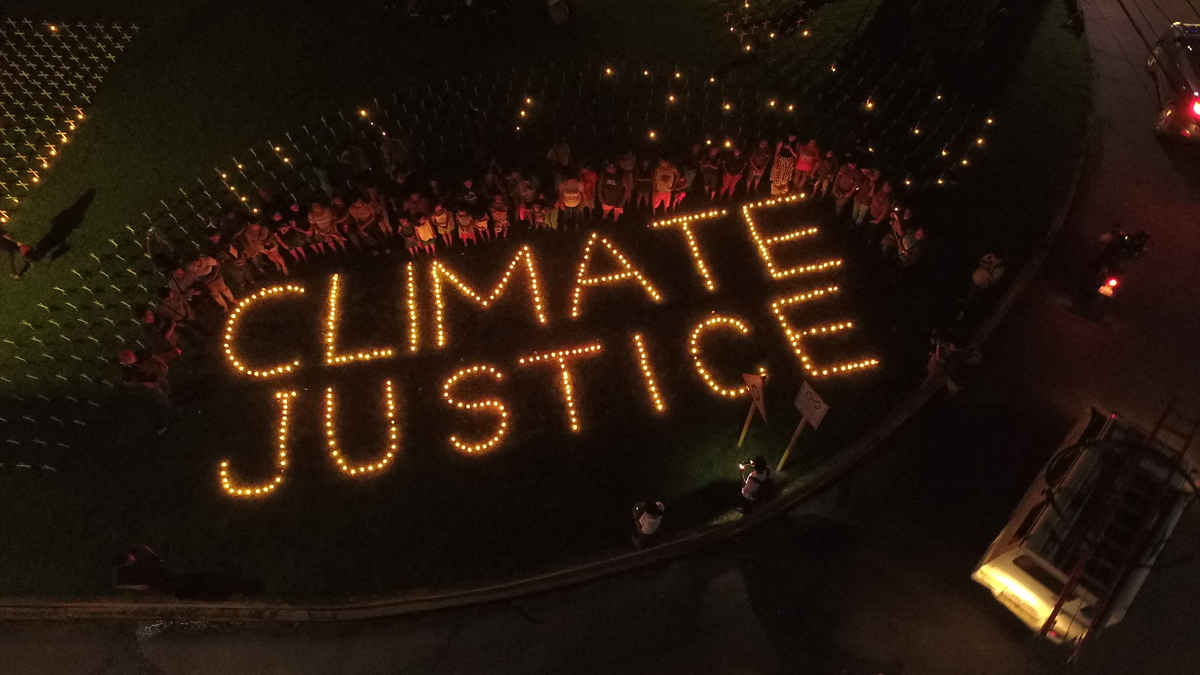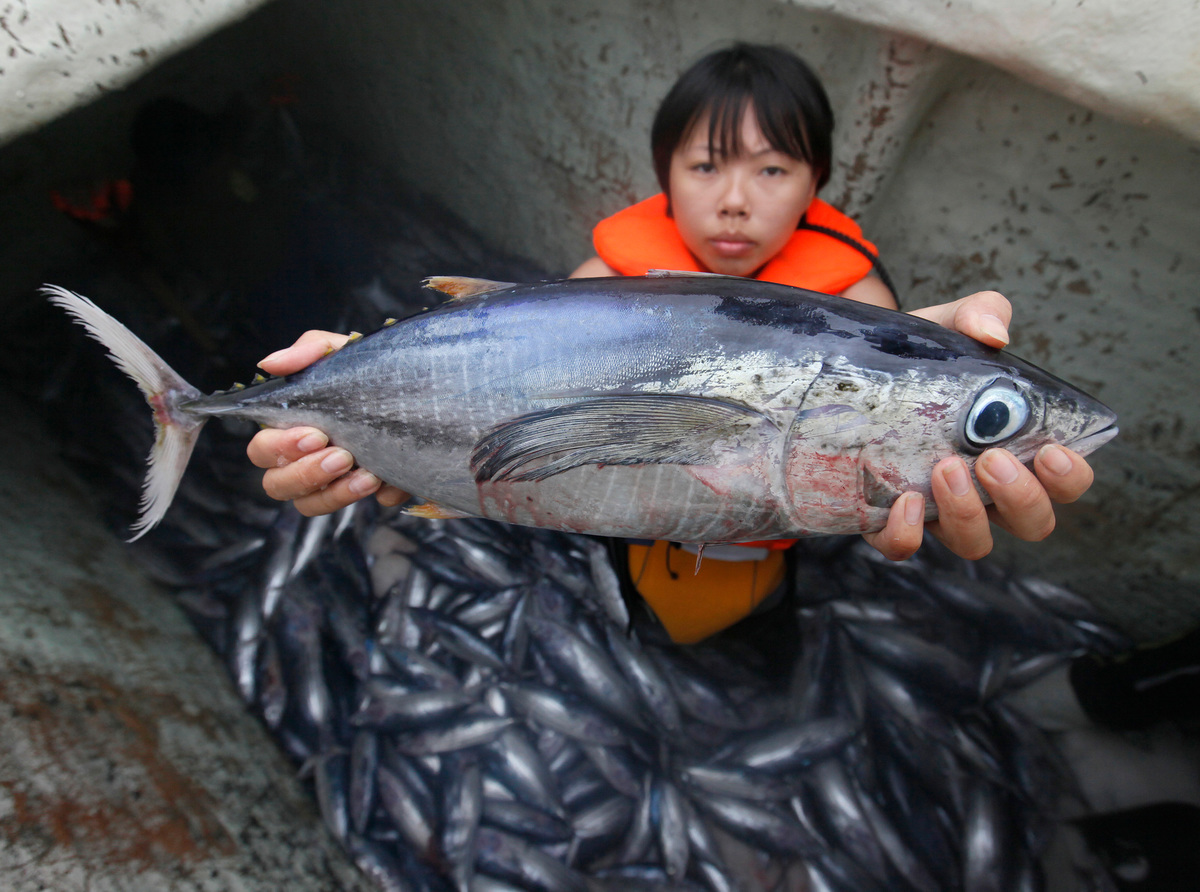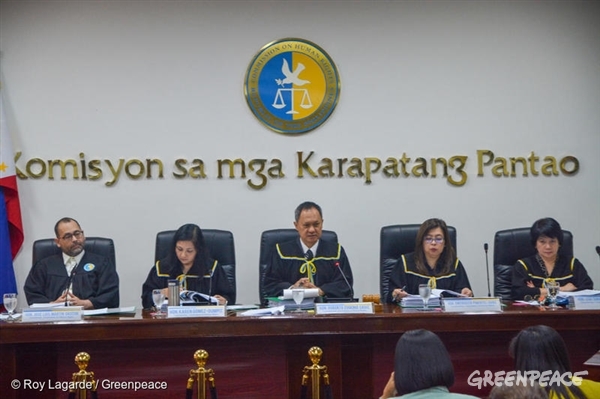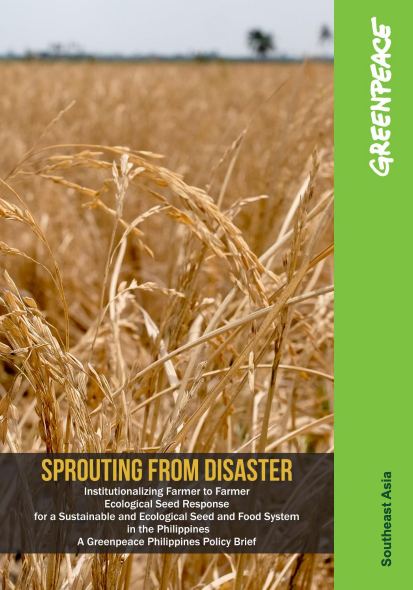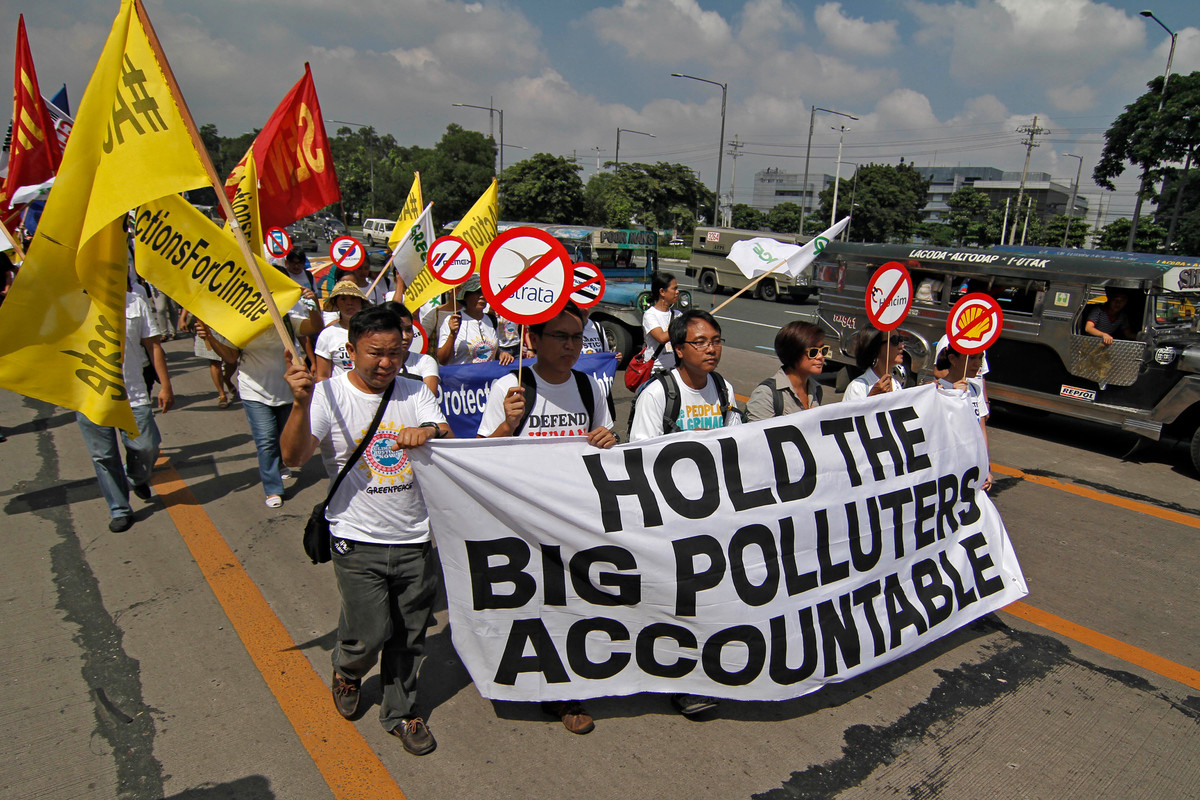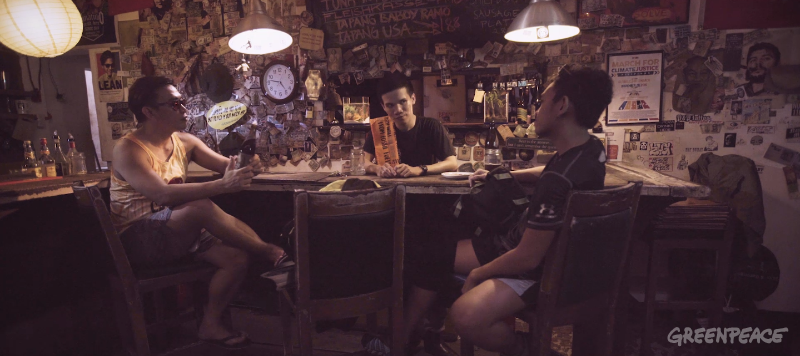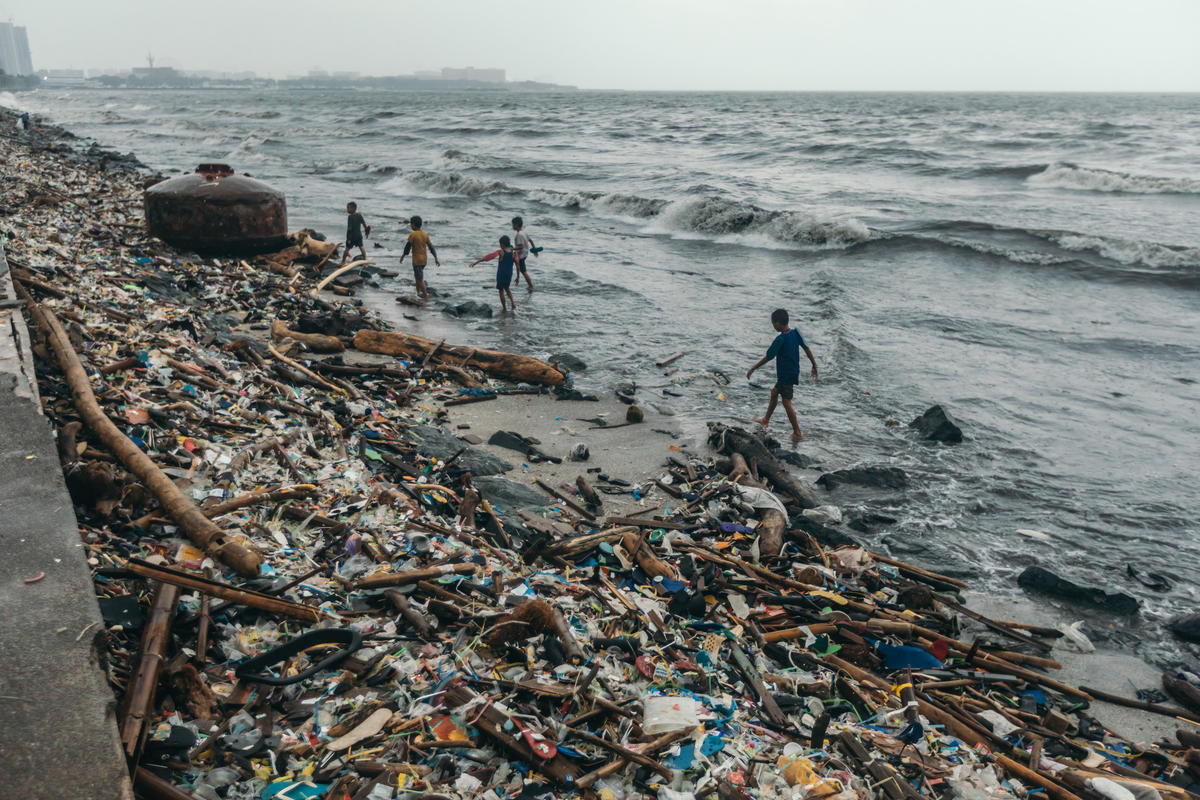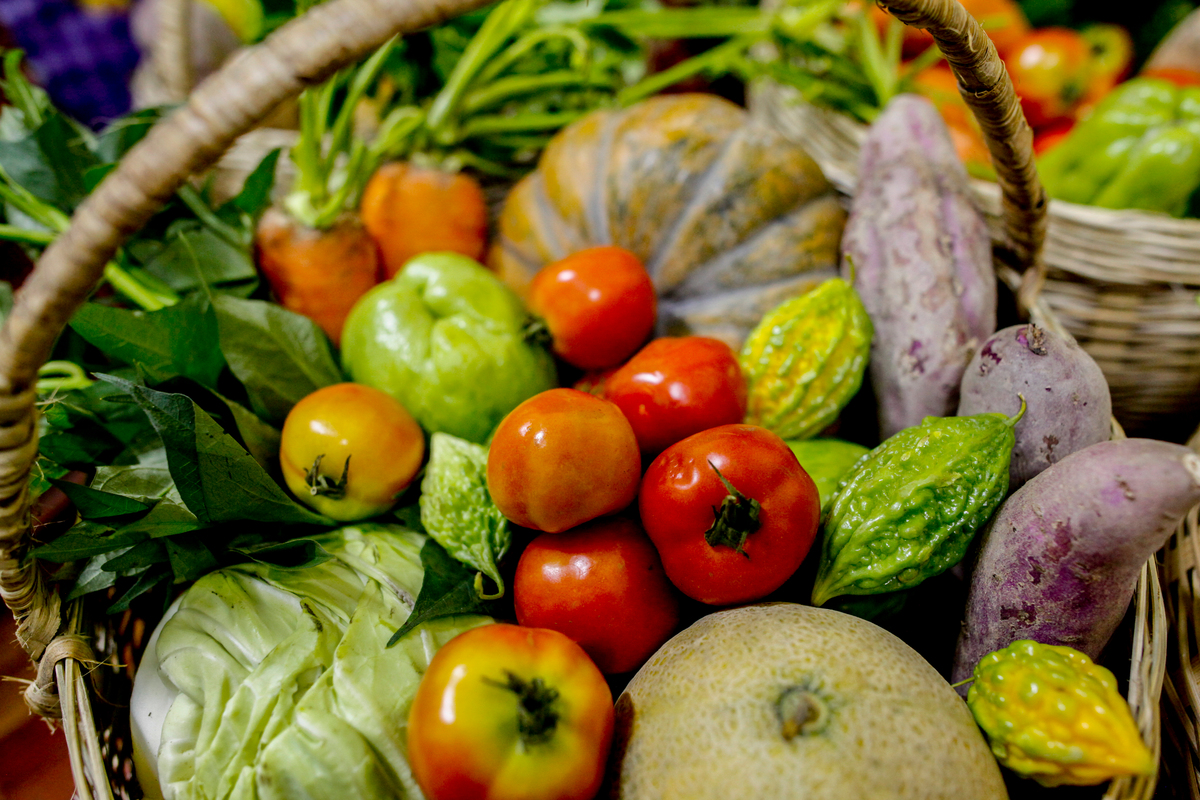-
Greenpeace Philippines clean-up, name culprits behind plastic pollution in Manila Bay
The Manila City Government and Greenpeace, as part of the Break Free from Plastic movement, was joined by almost a thousand citizens in taking action during the Manila Bay clean-up and plastic waste brand audit today.
-
After Ompong, Monde Nissin, JBC Food Corporation top plastic waste count in Pasig River
Greenpeace Philippines sampled the plastic wastes in Pasig River and found Monde Nissin, JBC Food Corporation and 7-Eleven, among others, as the top plastic polluters in a brand audit conducted today.
-
Greenpeace: 11th hour for the climate, it’s time for leadership to truly emerge
Typhoon Mangkhut, one of the strongest storms of the year, is forecast to hit the north of the Philippines by the weekend before threatening Hong Kong and Macau.
-
Philippines set to lead global tuna industry to sustainability and Go Green
The Philippines is setting its sights on leading the transformation of the global tuna industry towards sustainability
-
Four reasons why communities are beating corporate climate polluters
We’re at the critical halfway point in the hearing for the National Inquiry of the Commission on Human Rights (CHR) into the responsibility of the largest oil, gas, and coal companies for climate change impacts on the human rights of Filipinos.
-
Sprouting from Disaster
Climate change is making natural disasters more intense and frequent, which in turn cause periodic food emergencies and damage billions' worth of agriculture. In response, the government must review its policies and craft new ones so that farmers can help their fellow farmers who are affected by storms and drought to access diversified seeds. This…
-
World’s top climate experts to testify in landmark investigation into fossil fuel companies
Some of the world’s most highly-regarded climate change science, policy, research, and legal experts will appear as witnesses in the ongoing hearings by the Commission on Human Rights of the Philippines (CHR) on the responsibility of 47 fossil fuel companies for the global climate crisis.
-
Greenpeace, NCCA, and KWF release Balagtasan video on National Heroes’ Day
On National Heroes’ Day, Greenpeace, together with the National Commission on Culture & the Arts (NCCA) and the Komisyon sa Wikang Filipino (KWF) released a video, “Dagat o Gubat,” a Balagtasan piece by local poets group The Makátas.
-
Garbage “engulfing” Manila, Philippines after severe storm highlights plastic and climate crises
Waves of plastic pollution has engulfed parts of Metro Manila and nearby provinces, after a combination of heavy storm and monsoon rains, with garbage clogging drainage and causing floods.
-
How Plant-based Do You Want Your Diet to Be? Here Are Some Options
Now is the time to #DietforClimate.

